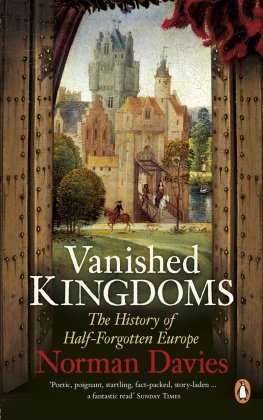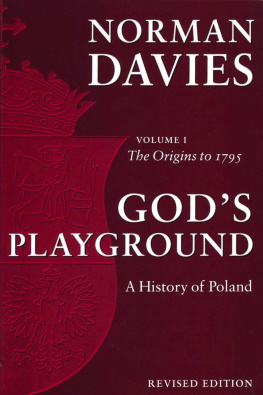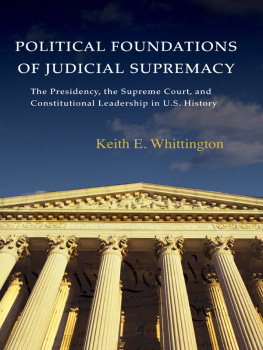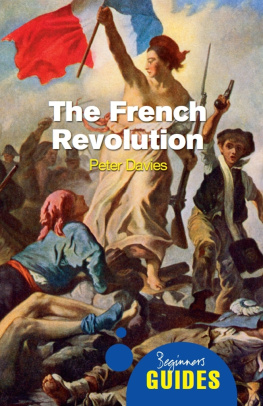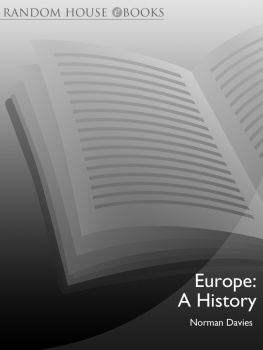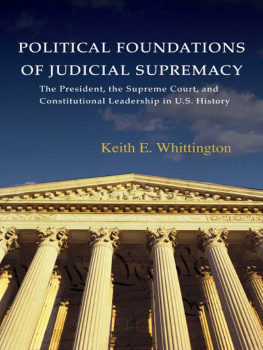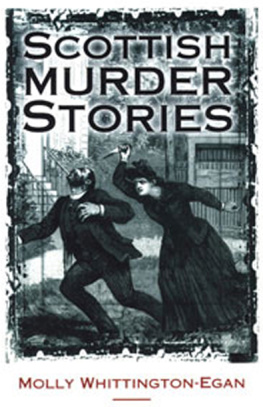THE
History of Whittington, &c.
Though local descriptions and circumstances are seldom productive of any high degree of interest, yet when they become connected with the adventurous, active, and surprising career of any remarkable individual, even the most trivial assumes a degree of importance, excites a lively curiosity, and seldom tails to gratify the expectation it has awakened. As the ruins of the castle at this place are in an eminent degree picturesque and beautiful, and its being the birthplace and residence of one of the Barons to whom we owe the blessing of the Magna Charta , as well as the scene of many of his surprising adventures; even the short account I propose to offer, cannot be wholly devoid of entertainment and instruction.
It is the opinion of learned antiquarians, that this was the place so famed by the name of Drev-Wen, or the White Town, by the illustrious Welsh poet Lowarch Hen, who lived in the year 590. He says that a prince of his country named Cynddylan was defeated and fell here, in opposing the progress of the Irish who had invaded the country. This ancient bard expresses the rage of the battle in such an energetic manner, that if I attempt to describe it, I shall fall far short of the original; therefore I content myself with quoting his own words.
Y Drv uen ym mron y koed
Yseu yn y hervas eiryoed
A uyneb y guelht y guaed
Y Drv uen yn yd hmyr
Y hervas y-Lls vyver
Y guared ydan draed y gwr.
A.D. 843.
In the time of Roderick the Great, king of all Wales, Ynyr ap Cadfarch, a British nobleman, built the Castle of Whittington; to which he was succeeded by his son Tudor Trevor, who altho possessed of many palaces, with rich and extensive domains, made this his chief residence. By right of his father he obtained the lordships of both Maelors, Whittington, Chirk, Oswestry, Ewais, and Urchenfield; and by right of his mother Rhiengar, the earldom of Hereford. His mother was grand-daughter to Caradoc Freichfas, who fell in the field of battle at Rhuddlan, A.D. 795, gloriously maintaining the cause of the Britons against their Pagan invaders, the Saxons.
The descendants of Tudor continued possessed of the Castle for several generations; and many families both in this neighbourhood and North Wales, boast their origin from him.
A.D. 1060.
At the Conquest, Whittington became the property of Pain Peverel, who having no issue, on his decease it was seized by Roger earl of Shrewsbury. This place was called in Doomsday Book, Wititone; and consisted at that time of eight corn farms, twelve ox-stalls, and a very extensive wood; the cows yielded five shillings per annum, and all Welsh residents were obliged to pay twenty shillings rent among them.
The castle and lordship of Whittington next passed into the hands of Hugh, and afterwards of his brother Robert, sons of the late earl of Shrewsbury. Upon the defeat and forfeiture of Robert by Henry I. it was restored to the Peverels in the person of Sir William, a sisters son of Pain Peverel.This Sir William is famed in history for his noble and valiant enterprizes, in one of which it is stated that he was mortally wounded, but was miraculously recovered by eating the shield of a wild boar; and that to testify his gratitude to Heaven for his preservation he built three churches.
A.D. 1083.
He had two daughters, the youngest of which was named Mellet: she with the spirit of an Amazon, resolved to wed no one but the knight of most consummate valour. Her father published this declaration, and promised the Castle of Whittington as her dower. Several distinguished combatants assembled at Peverels place in the Peak, Derbyshire, to contend for the fair prize; and among whom were, a son of the king of Scotland, Baron Burgoyne, and a noble Lorrainer, Guarine De Metz, (sheriff of Shropshire, and chief counsellor to the earl of Shrewsbury;) the latter of whom came with a shield of silver, and a proud peacock upon his crest; and having overthrown his rivals, obtained the beautiful Mellet.
As chivalry was the greatest accomplishment in these times, the progeny of this famed couple could hardly avoid being eminently distinguished by feats of arms, and the consequence was, that their names occupied very great portions in romances both at home and abroad.
I must not forget to state, that Guarine De Metz was a great benefactor to the Monks: one remarkable instance of which is this; after a conflict he had with the Welsh, led by their prince Jorwerth, (in which action the latter was discomfited with all his host) our hero founded the New Abbey, better known by the name of Alberbury.
The posterity of this great man for nine generations assumed the Christian name of Fulk; they continued possessed of the castle from the end of the reign of Henry I. till the time of Henry VIII. a period of near four hundred years. Their common name was Fitz-Gwarine. Mr. Dovaston in his poem, thus expresses himself on this subject:
Sires were his from days of yore,
Who all the same distinction bore
Of title and of name;
A name that valours blazond blade
In feats of chivalry had made
The favourite of fame.
Guarine De Metz died in the reign of Henry I. at Alberbury, where he was interred; his wife and his son Fulk Fitz-Gwarine being present on the occasion.
We have mentioned that Guarine De Metz first exerted his valour in the cause of love, and that great commendation was bestowed on him in consequence; this was exactly the case with his son; he became desperately enamoured with Hawys, daughter of Sir Joos, of Normandy, who had been appointed guardian of the hero in question. Fitz-Gwarine observing Hawys to be frequently in great sorrow, desired to know the cause of it, and was informed that it proceeded from the dangerous situation of her father, being at that time in the hands of Walter Lacy and Sir Arnold de Lis, two of his inveterate enemies. Upon hearing this, Fulk resolved to rescue him, and being supplicated by her whom he adored, he set off immediately and arrived in time just to save the head of Joos from the fatal stroke that would instantly have severed it from the body. The consequences were, Lacy and Arnold were taken prisoners and confined in Ludlow castle; Joos was snatched from the most perilous situation to a most happy one; and to crown all, Fulk and Hawys were joined together, and harmony again reigned in both families.
A.D. 1122.
Fulk Fitz-Gwarine acted the hero in all his enterprizes with such vigour, capacity, and celerity, that Henry I. knighted him, made him steward of his house, and conferred on him the arduous office of Lieutenant of the Marches; it was this that gave him the name of Fulco or Fulk, signifying Lieutenant. In this department his sword did not long remain undrawn; the Cambrian Prince, Gryffydd ap Cynan, according to the general practice of his countrymen, made a descent upon the lordship of Whittington, and the surrounding country. These incursions were made so frequently, and attended with such pernicious effects, that the power of the Lords Marchers was often necessary to repel their progress: indeed this was their sole office, and a very useful one it was. In the present case, Fitz-Gwarine nobly conducted himself, by wounding the Welsh king in the shoulder, and completely routing his army. The Welsh however returned soon after, drove Fulk from the Castle of Whittington, and gained possession of the lordship; and it appears from a peace made by Henry II. with Owen Gwynedd, the succeeding prince of Wales, that it was kept by the latter, and bestowed on one of his favourites, of the name of Roger; Fulk had the manor of Alston, in Gloucestershire as a recompence.








